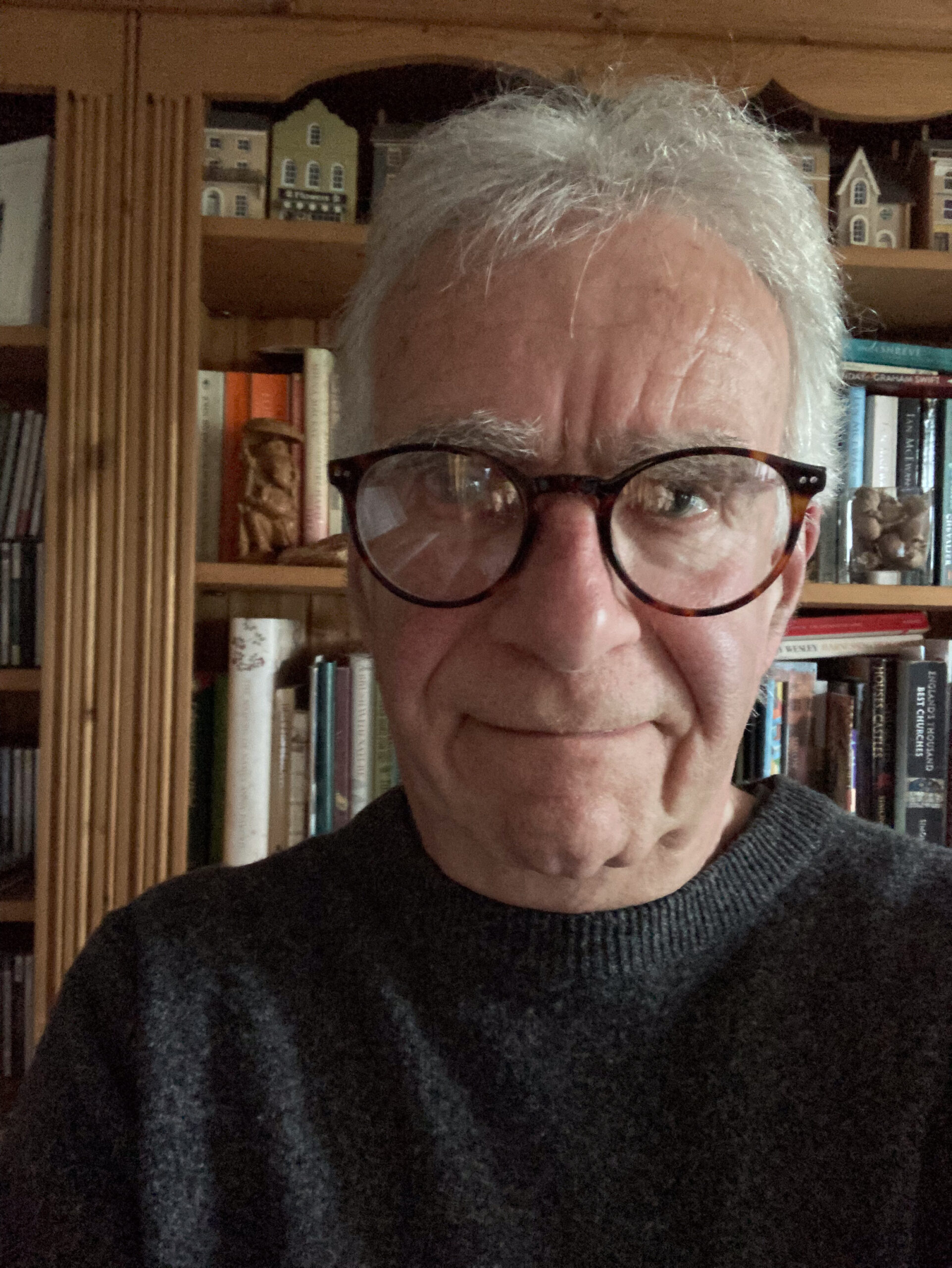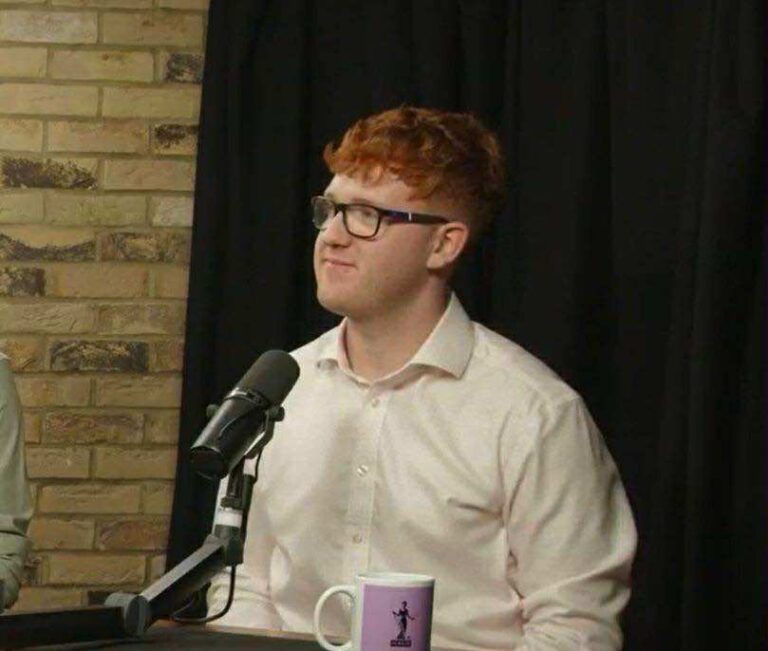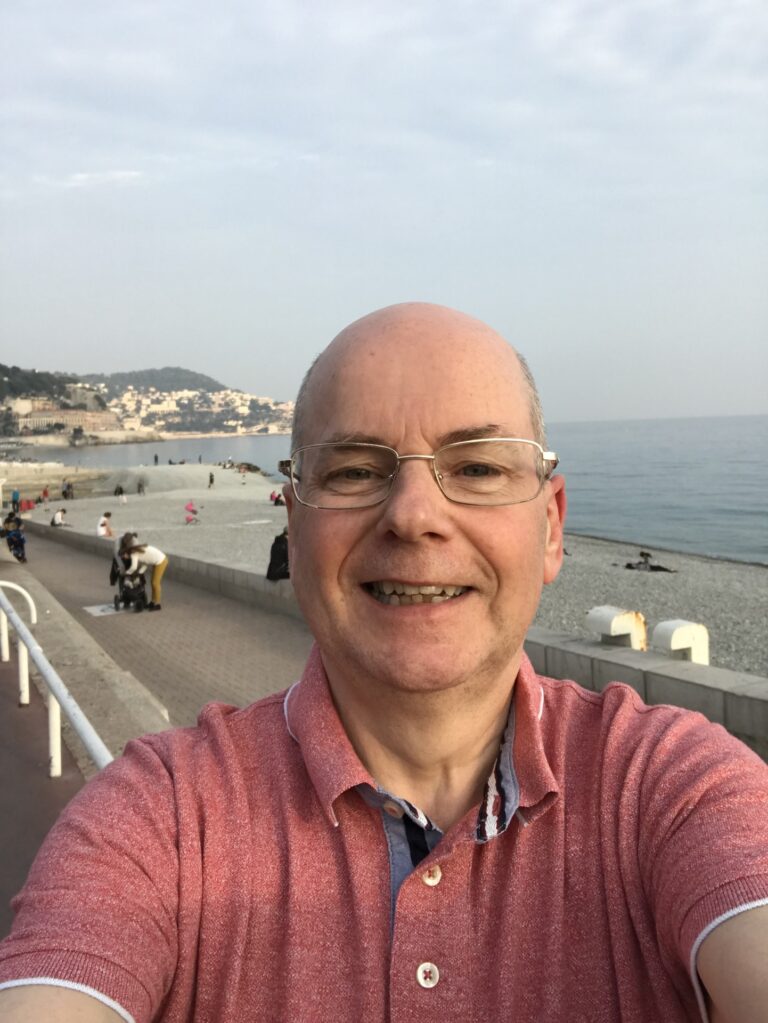Peter Dudley joined West Suffolk College in 1979 as a lecturer within the Department of General Studies, leading a small Liberal Studies team and teaching Sociology in the evenings. Over time, his role evolved significantly as he took on wider responsibilities across adult education.
By the 1980s, Peter was heading up Leisure Learning – overseeing a growing programme of part-time daytime and evening classes. During the 1990s, his remit expanded further when the College took on responsibility for Suffolk County Council’s adult education provision in the west of the county. This led to his appointment as Head of Faculty for Continuing Education, overseeing a broad and varied programme of learning for adults across the region.
Peter retired from the College in the summer of 2007, after nearly three decades of shaping and supporting lifelong learning in West Suffolk.
What are your memories of the time?
I had been teaching in a large urban college – Sandwell College – in the West Midlands, so it was quite a contrast to find myself in a smaller college in rural Suffolk. I relished the new responsibility of organising Liberal Studies with more resources than I had enjoyed before. At the time all students following technical vocational day-release courses and some on secretarial courses, were required to spend one hour of their day in college studying Liberal or General Studies. There was no set curriculum for this, and it’s safe to say that most students resented this imposition. Teaching the subject was therefore a challenge, but those of us involved developed a series of classes on current and cultural affairs, and other subjects that the students themselves suggested. Sometimes we would hire films to show and discuss, and popular TV programmes would be used for the same purpose. When it worked well it was rewarding for both lecturer and students.
One of my responsibilities at this time was to organise, alongside technical teaching staff, residential field trips for engineering students – on mainly HNC programmes. These were often to Yorkshire engineering operations such as weaving mills and coal mines and were intended to show the students engineering settings very different to their own. I have happy memories of driving a minibus around Yorkshire visiting the chosen locations, and less happy ones of trying to supervise cooking in the evenings at our self -catering accommodation!
The other part of my appointment at this time was to teach Sociology ( my degree subject ) at evening and some afternoon classes. These were very rewarding experiences. The students were usually mature men and women who had left formal education without any qualifications, and were now ready and eager to learn. Their enthusiasm was huge and it was difficult, but a pleasure, to give them enough reading and assignments to satisfy their appetites for the subject.
The history of my time at the College is the history of different buildings. As the college grew and evolved new buildings were added and some demolished. For a very long time classes were held off site at the old Grammar School in Northgate Street. “ The Annexe” housed mainly GCE and A level studies and my teaching of these subjects took me there. It had a completely different atmosphere to the main college site. It was smaller, more compact and the staff enjoyed a real sense of a community. I thoroughly enjoyed time spent there, and remember the wonderful Christmas parties with music provided by great guitar playing by Dave Kent ( history lecturer ), accompanied sometimes by my own very basic guitar and singing !!
What was your next move at the College?
My enthusiasm for teaching adults, meant that I soon found myself concentrating on that group, and in the 1990’s was fortunate to have the opportunity to become Head of Leisure Learning. This meant I had responsibility for organising the college’s programme of evening and some daytime part time classes, held in a variety of locations including schools, village halls and the occasional pub. During the 1990s following the reorganisation of local education provision, this work more than doubled when the College took on the responsibility for Suffolk County Council’s adult education programme in the west of the county. It was a very happy time working closely with colleagues in Community Education and indeed enjoying welcome political support at a time when the government trumpeted “ education, education, education “ as a priority. This time of growth led to the creation of a Faculty of Continuing Education at the college and I was appointed as Head. It also meant that we added a number of local learning centres to the programme – each with their own manager and team of part time lecturers. Eventually we took on responsibility for provision in Stowmarket, Thurston, Sudbury, Newmarket, Mildenhall, and Thetford. This amounted to hundreds of classes and thousands of part-time students.
I have been lucky enough to have worked with a number of principals starting with Desmond Storey in 1979. When I became a manager I developed a closer relationship with Nick Foster and later Ann Williams – both of whom were extremely supportive of adult education. Although governors were slightly more distant from the everyday life of the college, I have to say Betty Milburn was a brilliant advocate of the work of the Faculty. She took pleasure in, and worked tirelessly to support, its students and various events such as the annual Adult Learners Week and exhibitions of students’ work
What about life after retirement?
I retired from the college in 2007, and was at the time sitting as a magistrate in Thetford. I continued with this until 2008. At this point I began work as a volunteer adviser with my local Citizens Advice – something I continue to the present day. I started to attend local adult education classes as a student after retirement, and after the organisers discovered my work history they persuaded me to join the organising committee as treasurer – a role I still have and enjoy today.
What are your reflections, looking back at the college’s 100-year history?
West Suffolk College has grown in size and remit so much over its history, and has proved to be a very successful provider of education and training for its local community. This success has been recognised by several Ofsted ratings of “outstanding”.
What would you say to future students or staff at Eastern Education Group?
I hope that, as a student or member of staff, you find your time at the college as enjoyable and rewarding as I did.




